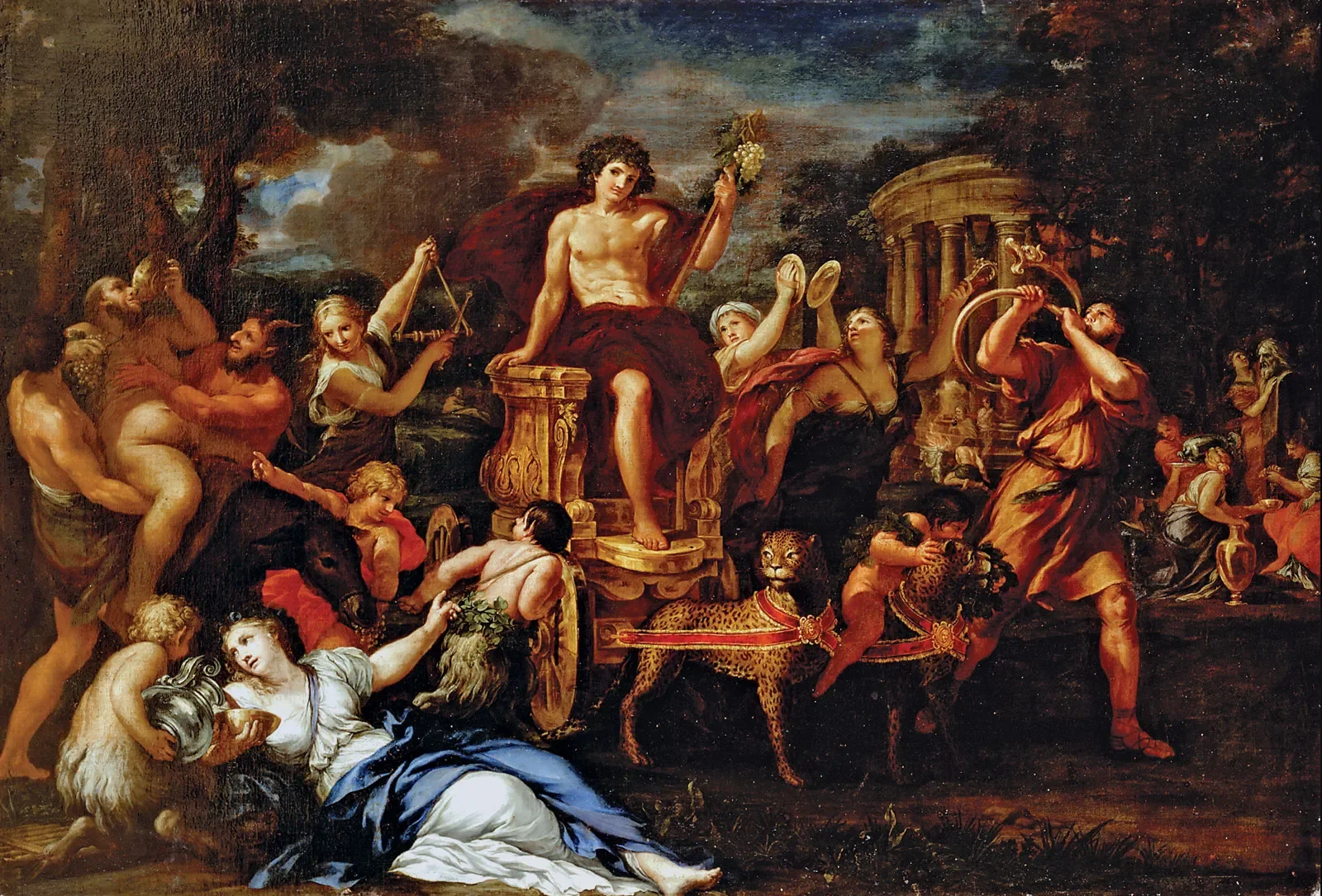In Ancient Greece, women faced significant limitations compared to male citizens, as they were not allowed to vote, own land, or inherit property. Their social role was primarily confined to the domestic sphere, with a focus on raising children. However, it is crucial to recognize the general nature of this description and consider the incomplete and biased nature of historical sources discussing Greek women.
The available information, often provided by male authors, primarily details the position and role of women in Athens, leaving other city-states underrepresented. It’s worth noting that Sparta treated women differently, offering them unique privileges for the time, such as physical exercise, land ownership, and the consumption of wine.
Certain categories of women, such as those practicing professions or working as prostitutes and courtesans, have less documented information, making it difficult to fully understand the social rules and customs governing them.
Notable women in Greek society, including poets like Sappho of Lesbos, philosophers like Arete of Cyrene, leaders like Gorgo of Lacedaemon, and physicians like Agnodice of Athens, transcended social boundaries and gained lasting recognition.
Despite their limited roles in reality, women held significant positions in Greek mythology and religion. Goddesses like Athena, Demeter, and Persephone, associated with fertility, were prominent figures, but women were often depicted in literature as sources of pain or obstacles in the plans of male heroes.
The Education of Women in Ancient Greece
Regarding education, girls received a similar education to boys, with an emphasis on dance, gymnastics, and music. However, the primary goal was to prepare them for family roles rather than fostering intellectual development. Women were more likely to be abandoned than males, reflecting the prevailing male dominance in ancient Greek culture.
In numerous male-dominated, agrarian societies, the likelihood of parents abandoning female infants was higher than that of male infants. Citizens' children attended school to gain basic skills like reading, writing, and arithmetic. Once they had mastered these fundamentals, they moved on to more advanced studies such as literature (e.g., Homer), poetry, and music, with a focus on the lyre. Sports held the same importance in the education of young men.
Marriage
Marriage for young women was typically arranged by fathers or guardians, with an emphasis on family duty rather than romantic love. Married women were responsible for household duties, raising children, and adhering to strict social norms, limiting their interactions outside the family. Legally, they were under the authority of their husbands, and accusations of adultery could lead to exclusion from public religious ceremonies.
Women and the Law
Although women could inherit property in some cases, their ability to make wills was limited, and their husbands often became the beneficiaries after their death. Marriage could be dissolved through repudiation, with the woman leaving her family home or at the father’s request to take his daughter back. Widows were expected to marry close relatives to preserve the family’s wealth.
Courtesans and Slaves
In other social classes, such as slaves or those engaged in business, women played various roles. More information is available about prostitutes, who were distinguished as working in brothels and courtesans. Some women participated as priestesses in religious cults, with certain restrictions based on their virginity or post-menopausal status.
The roles and lives of women in Ancient Greece were complex, influenced by social norms, legal restrictions, and individual circumstances, reflecting the multifaceted nature of their contributions to Greek society.







